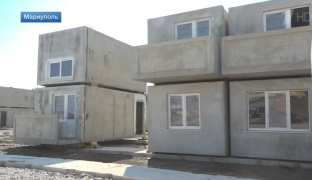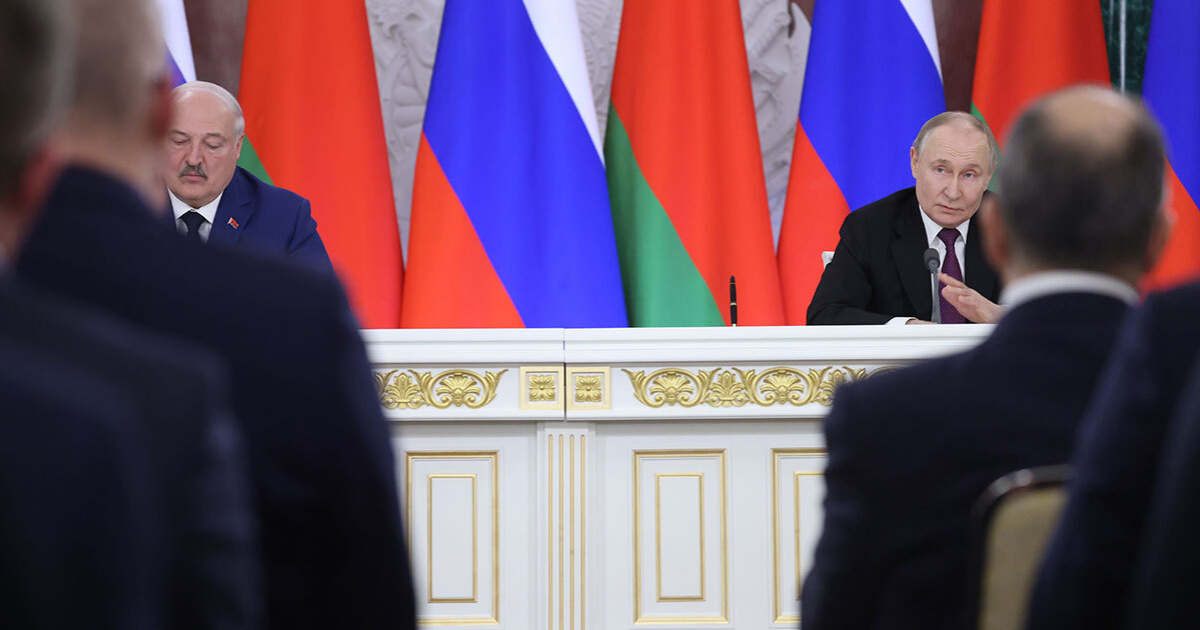
During his latest "Direct Line" call-in show, putin stated that in the annexed regions of Ukraine, "revival is progressing quite quickly, and all these regions are reaching self-sufficiency".
Specifically, according to the russian autocrat, "growth in Donetsk has already reached approximately 79%, in Luhansk over 90%, and in the Kherson and Zaporizhzhia oblasts, growth exceeds 200%".
At first glance, these figures might indicate an economic revival of the occupied territories. Especially considering that a "Program for Economic Revival" is in operation, a Free Economic Zone has been declared, and "all of russia is helping", etc. Moreover, the 2024 federal budget allocated 350 billion rubles ($3.13 billion) for the "restoration and development" of these regions. But...
An analysis of data from the Unified Portal of the Budget System of the russian federation shows that almost 90% of tax revenue from the "new regions" comes from personal income tax (PIT). Corporate income tax, which reflects business-generated revenue, accounts for only about 12%.
So much for the economic "revival"! Incidentally, over 80% of all tax revenue from the occupied territories comes from the so-called "DNR"/"LNR".
Now let’s figure out where the sudden surge in income among the population "liberated" by russia from peaceful life is coming from.
"Most likely, PIT in these territories is paid by employees sent from other regions for restoration work in various sectors", - suggested Natalia Zubarevich, a professor in the Department of Economic and Social Geography of russia at the Geography Faculty of moscow State University, in a comment to one of russia’s media outlets. This can be considered factor number one.
The second factor is the actual increase in the population of the occupied territories. This is due to the return of some internally displaced persons (especially to settlements occupied after 2022) and the relocation of russians to Donbas, who are actively buying property there.
And the third significant factor in the increase in tax revenues, particularly from the occupied Donbas, is the real estate market boom.
It was triggered by the threat from the "authorities" to nationalize homes and apartments not re-registered by their owners under russian law by January 1, 2025.
This forced many displaced people to urgently travel to the occupied territories, obtain russian passports, re-register their properties, and sell them. Each seller is required to pay 13% of the apartment's value to the budget as personal income tax. Considering the relatively high (even by russian standards) real estate prices in Donetsk and Luhansk, these are substantial sums.
The significance of this factor is further evidenced by the fact that the Donetsk oblast has always been and remains more economically developed than the Luhansk oblast. Yet, according to putin, tax revenue growth in Luhansk somehow reached "over 90%", while in the so-called "DNR", it was "somewhere around 79%". This illogical disparity can only be explained by the fact that Luhansk is farther from the front lines, is being rebuilt more actively, and has a much livelier real estate market than front-line Donetsk.
This is the source of the tax revenue spike from the occupied territories to the russian treasury.
As we can see, at least one of these factors—the real estate market boom—is temporary. Most likely, next year, revenue from apartment sales will drop significantly. And if the occupation authorities actually begin (as they currently claim) distributing "nationalized" housing to newcomers for free, the real estate market could see a noticeable decline, along with the taxes it contributes to the russian budget.
That said, this loss might be offset by the number of russians relocating "closer to the sea".
In any case, putin's statements about "economic revival" and "entering a zone of self-sufficiency" are, at this point, far from reality. For now, the occupied territories collect three times less in taxes than they receive from the russian budget.
By Serhiy Harmash, OstroV




